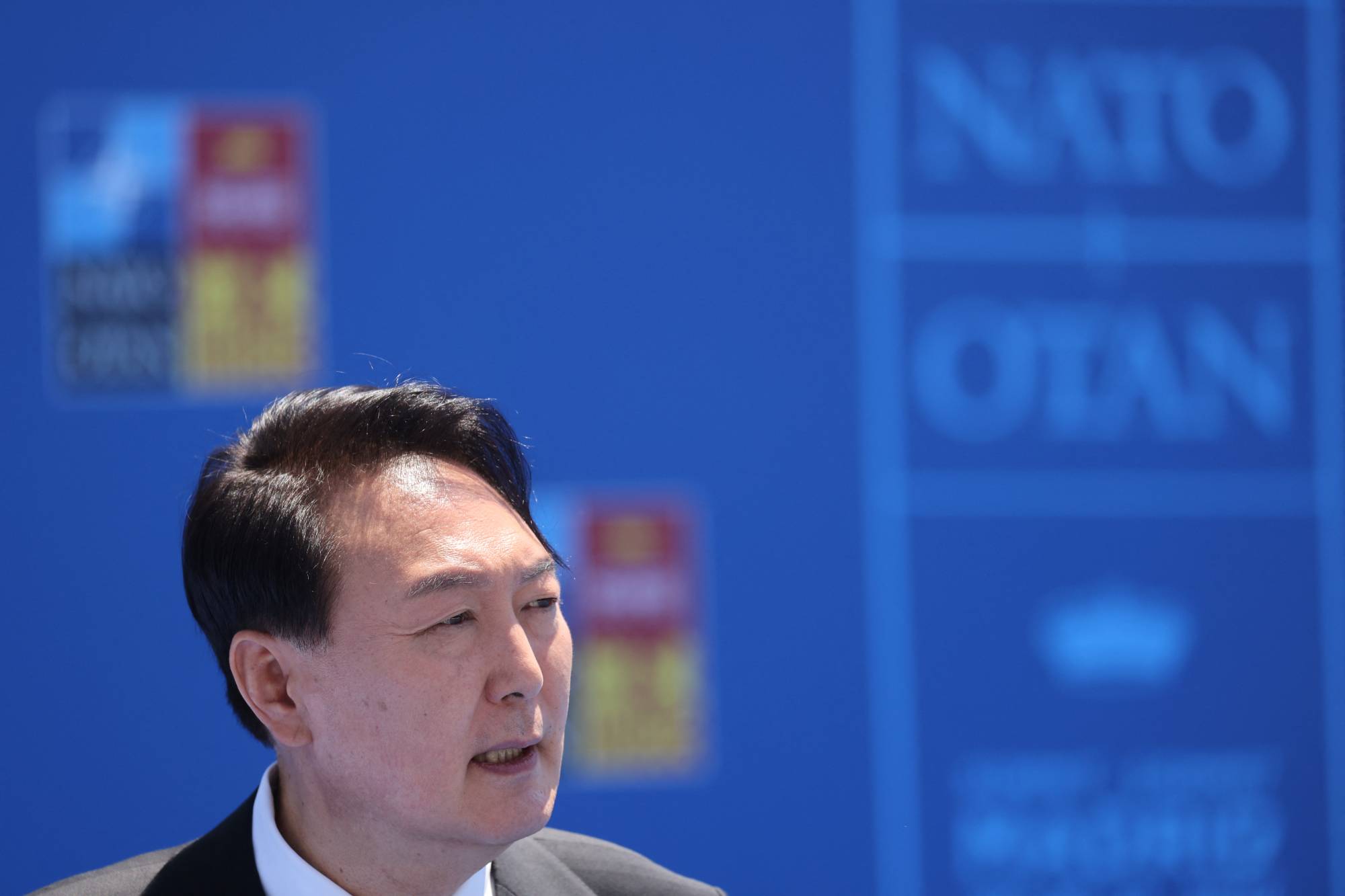Less than three months after taking office, South Korean President Yoon Suk-yeol's approval ratings have plummeted to a new low of 28% amid growing concerns about the economy, controversy over personnel appointments and criticism of his handling of state affairs.
That’s created concern that Yoon’s domestic headwinds could have a knock-on effect on foreign policy: A lack of strong public support may hinder his vows to take a more confrontational approach toward North Korea, adopt a tougher line with China and improve ties with Japan.
According to a Gallup Korea poll released on July 29, 62% of respondents said they disapproved of the president’s performance, with 10% undecided. For comparison, former President Moon Jae-in's approval ratings only fell below 30% near the end of his five-year term.


















With your current subscription plan you can comment on stories. However, before writing your first comment, please create a display name in the Profile section of your subscriber account page.